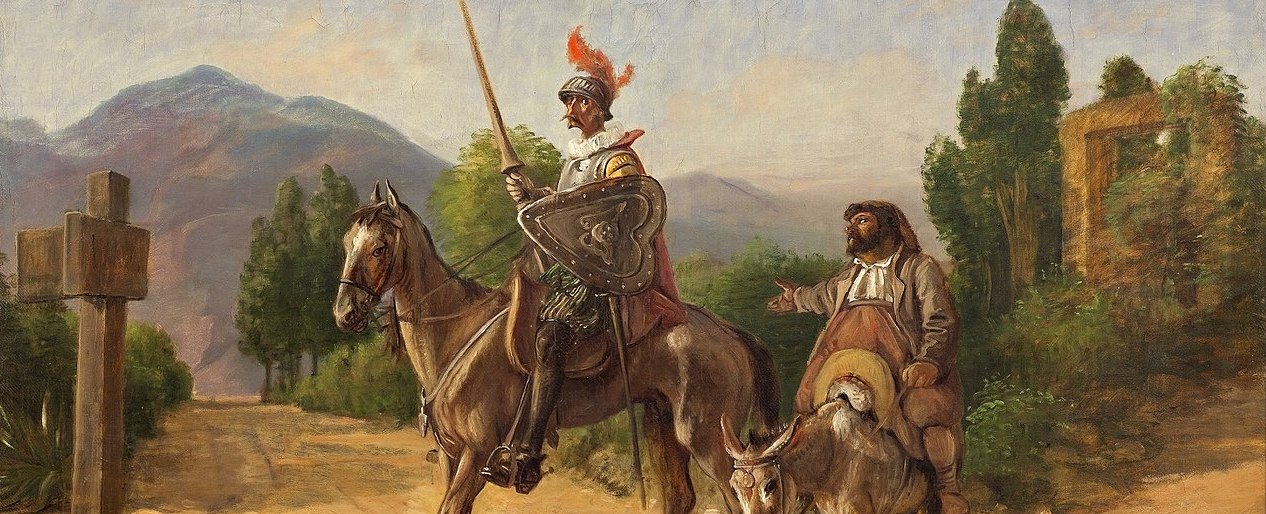Don Quixote: The Birth of the Novel
Saturday, July 29, 2023 @ 12:39 AM

Considered one of the foundational works of Western literature, Don Quixote is often cited as the first-ever written novel. Its unique narrative structure and exploration of groundbreaking themes make it an exceptionally influential piece of literature that continues to shape the medium of storytelling.
Origin
Don Quixote was written by Spanish author Miguel de Cervantes Saavedra and was published in two parts, in 1605 and 1615. It narrates the adventures of a man who, after reading too many chivalric romances, decides to become a knight-errant.
A Novel Form
What sets Don Quixote apart as the first novel is its extensive use of character development, plot complexity, and internal consistency. It shocked the 17th-century audience with its new kind of storytelling that centered not on episodic, plot-driven tales, but on nuanced, ever-changing characters and intricate narratives.
-
Character Development: Prior, characters were generally static, archetypal figures who did not change throughout a story. In Don Quixote, characters undergo substantial personal growth and transformation, establishing a new standard for character portrayal.
-
Plot Complexity: Instead of linear, predictable plotlines, Don Quixote introduced complex and layered narratives. It employs plot twists and unexpected story arcs, keeping the reader in constant suspense.
-
Internal Consistency: Don Quixote maintains internal coherence wherein the events follow a logical, believable sequence. This is different from the episodic storytelling prevalent in the pre-novel literature.
Themes
Don Quixote explores themes that were revolutionary for its time:
-
Reality Vs. Perception: The theme of illusion versus reality is a central topic, with the protagonist mistaking ordinary objects and people for extraordinary beings and feats.
-
Humor: Through its use of satire and humor, the book criticizes the popular literature of the time and provides commentary on societal norms.
-
Heroism: Don Quixote's misguided self-image as a valiant knight sparks discussion about the nature of heroism and virtue.
Influence
Don Quixote, as the harbinger of the modern novel, has had a profound impact on literature. Its themes, plot structures, and character development techniques have been imitated, deconstructed, and reinterpreted by a multitude of authors since its publication.
The book stands as a pioneering masterpiece that is a testament to the enduring power of narrative innovation. It remains not only a monument in the history of literature but also a living influence on the novels of today.
You don't have to be registered to leave a comment but it's quicker and easier if you are (and you also can get notified by email when others comment on the post). Please Sign In or Register now.